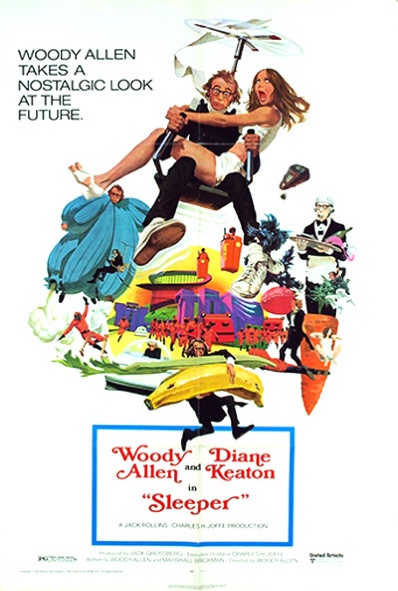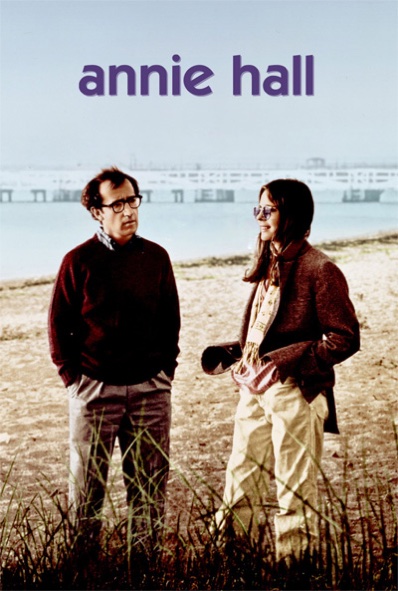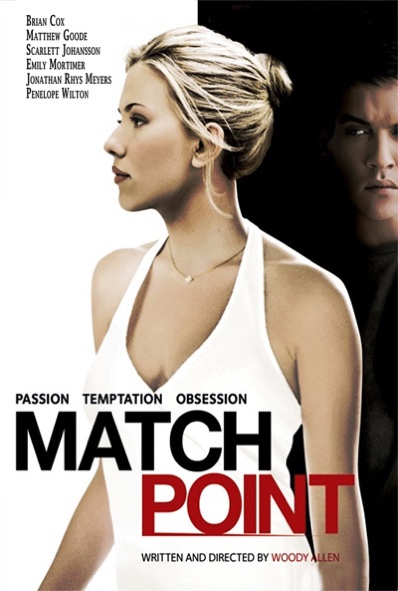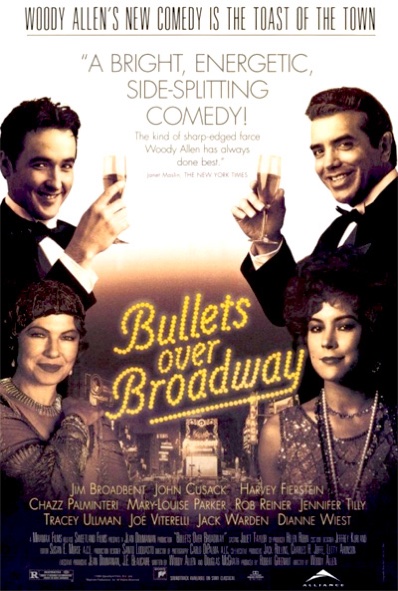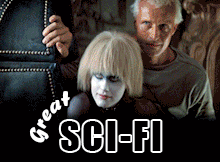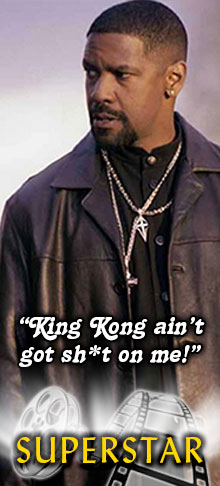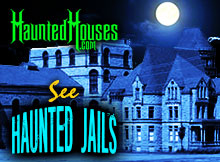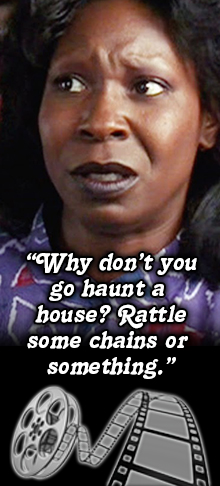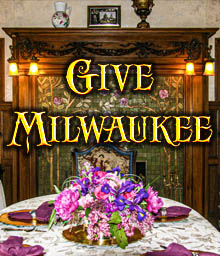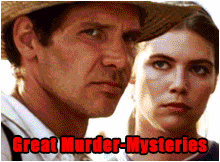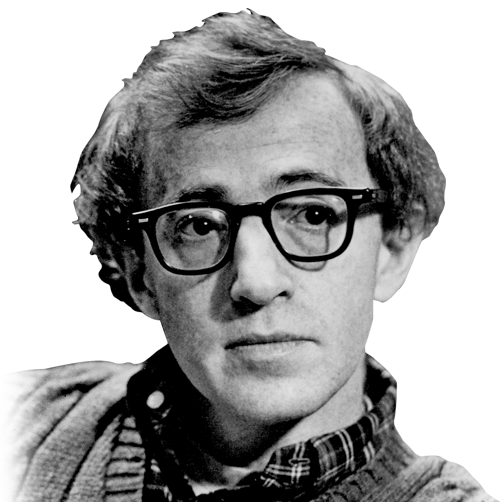
Woody Allen
Best known for his early, slapstick comedies, such as Bananas (1971), Play it Again, Sam (1972), and Love and Death (1975); and then his erudite romantic comedies, including Annie Hall (1977), Manhattan (1979) and Hannah and Her Sisters (1986).
Woody Allen is a host of paradoxes that he, the comic intellectual, must relish — if not for their irony, for their psychoanalytical fodder. With a career spanning fifty years, he is one of Americas most prolific directors. Yet, he is more highly regarded in Europe than the U.S. Allen is one of very few directors with complete control over their films. Yet, those films have rarely grossed more than $50 million, especially in the U.S. And this, above all: if you consider either critical acclaim or industry awards (and, no doubt, Allen does not) he is a better writer than director. Of his four Oscars, three are for best original screenplay; he has been nominated for an Academy Award fifteen times for writing, and seven times for directing.
Allen’s career has moved through several stages, and his many hard-core fans have stayed with him through most if not all of them. Until recently, it could be conjectured that it was his appearance in those films. Certainly, with the early, funny ones,” the combination of hilarious physical comedy, distinctively clever dialogue, originality throughout, and, of course, Woody as the loser/nebbish/underdog/neurotic, built up the fan base. First was “Take the Money and Run” — sight gags combined into a plot; “Bananas,” which is remembered mostly for featuring sportscaster Howard Cosell; and “Everything You Always Wanted to know About Sex,” again, hilarious but a collection of shorts.
The ascendancy to “Annie Hall” in 1977, aka “The Diane Keaton Years”, begins with “Sleeper“, where Allen wakes up in a future where the police are after him and Keaton is his only hope. “Love and Death” is another jewel, this time the neuroses are in Czarist Russia. “Annie Hall” is AFI’s third best comedy of all time, and 35th best film. Semi-autobiographical of the two stars relationship, the title is after Keaton’s real last name and her nickname. Besides winning four Academy Awards — Best Picture, Director, and Screenplay, and Best Actress for Keaton — the film spawned a fashion trend based on Annie’s eccentric clothes.
For the most part, Allen’s post-Annie stage shows growth, sophistication and complexity — and sincerity; it is also a charting of his own life from arrested adolescence into the self-contempt and contempt for fans and friends that comes with fame. This would be the brilliant Manhattan” and, starting in the ’80s, “Stardust Memories”, two of the best black and whites, which also include “Zelig” ad “Broadway Danny Rose”.
The post-Annie films also include Allen’s somber, too-serious, unoriginal homages to his hero Ingmar Bergman, scattered throughout the ’80s. A hard way to prove you can do serious work, they include the deadly “Interiors” and “September”, based on “Autumn Sonata”, and “Midsummer Night’s Sex Comedy” (even the title is awkward), and “Another Woman”, Allen is at his most pretentious and pseudo-intellectual here, two of his favorite phobias. Fortunately, they were as unsatisfying for him as they were for the audience, and Allen continued in the direction of some of his best ’80s work, such as “Hannah and Her Sisters” and “Purple Rose of Cairo”.
Though fans assume that Allen has always played himself, he claims not to be the archetypal nebbish of his characters. That’s not to say that the past twenty-five years don’t reflect his ardent interests and favorite themes, and, of course, the location of New York City. “Crimes and Misdemeanors” is one of the early best of the murder mysteries, which Allen has done brilliantly both in its most serious, with “Cassandra’s Dream” and “Match Point” and comically, with “Scoop,” “Curse of the Jade Scorpion” and “Manhattan Murder Mystery.” Allen’s love of jazz (“Woody” is for Woody Herman) is found in the soundtracks of virtually all of his films. It is also the subject of the intriguing “Sweet and Lowdown,” about a fictional jazz guitarist in the ’30s.
It is quite fitting that some of Allen’s best work is in a trio of films about another favorite subject, Europe. (“Match Point”, also one of his best films, takes place in England, but isn’t concerned with the way that country affects its people.) This time, though, the films are not tributes to another style or director. They are definitely Woody Allen, at his most sophisticated, involving and, yes, funniest. “Vicky Cristina Barcelona” features Javier Bardem, Scarlett Johansson and, winning an Oscar for her performance, Penelope Cruz, and deals with the sacred and surprising fickleness of love, another favorite theme, which he deals with less successfully, but with more variety in “To Rome with Love.”
The most satisfying of Allen’s romantic comedies in years, and winner of an Oscar and Golden Globe for its screenplay, “Midnight in Paris” summons up the best of Allen’s themes and interests, as well as his cinematography, directing, writing, and casting. Indeed, as star Owen Wilsonargues with his wife, Rachel McAdams, over a pretentious professor, or sums up the irony of his explaining his time-travel to Dali, Luis Bunuel and Man Ray, he sounds as if he’s channeling his director. The level of sophisticated inside jokes about ’20s Paris (Gertrude Stein, the Fitzgeralds, Hemingway, Picasso, et al.), as always, divides his audience into the delighted and the clueless. There is even a slapstick scene, and the get-even with the “pretentious professor,” reminiscent of Allen’s legendary scene with Marshall McLuhan in “Annie Hall.”
Though his fans may, for now, wish Allen would follow the example of one of his characters in “Midnight in Paris” and choose to remain in Europe, he is a man who follows his own heart. Where that leads him as he approaches 80, nobody knows… but many are eager to follow.
—Nate Lee
Great Scenes:
SLEEPER
- Getting stuck in the Orgasmatron .
- Coming out of deep sleep as the police interrogate the doctors.
- Slipping on the giant banana peel.
- Being deprogrammed at the dinner table, with Diane Keaton imitating Brando.
MIDNIGHT IN PARIS
- The opening shots of Paris.
- The first conversation with Owen Wilson and Hemingway.
- Owen Wilson and Adrien Brody as Dali.
- Wilson getting the goods on the pretentious professor.
- Wilson reading the book about himself written by Marion Cotillard’s Adriana.
VICKY CRISTINA BARCELONA
- Javier Bardem’s “invitation” to the two girls in the bar to come away with him.
- The three way” with Bardem and Penelope Cruz.
- Cruz’s rants and fights with Bardem.
ANNIE HALL
- After the tennis match, the conversation between Allen and Keaton, who keeps saying “Lah Dee Dah.”
- The good-bye scene in the LA vegetarian restaurant.
- Chasing the runaway lobsters in the kitchen.
- Keaton’s singing.
- Driving with the disturbed brother of Keaton, Christopher Walken.
- Allen pulls Marshall McLuhan onscreen to put down a pretentious professor.
MANHATTAN
- The “six months” conversation with Mariel Hemingway.
- The argument in the classroom next to the skeleton.
- The discussion at the party about “right and wrong” orgasms.
- Allen recording the things that make life worthwhile.
PURPLE ROSE OF CAIRO
- Jeff Daniels steps out of the movie.
CRIMES AND MISDEMEANORS
- The discussion, at the end, on murder, conscience and divine retribution between Woody Allen and Martin Landau.
EVERYTHING YOU ALWAYS WANTED TO KNOW ABOUT SEX
- Gene Wilder falls in love with a sheep.
- A giant breast attacks Woody Allen and squirts milk.
- Tony Randall and Burt Reynolds play the Brain of a man having sex, while Allen is a sperm cell.
VERY BEST FILMS:
- Annie Hall
- Midnight in Paris
- Manhattan
- Sleeper
- Match Point
BEST FILMS:
- Stardust Memories
- Hannah and Her Sisters
- Broadway Danny Rose
- Zelig
- Vicky Cristina Barcelona
- Crimes and Misdemeanors
- Purple Rose of Cairo
Woody Allen’s directing credits include…
| Year | Movie |
|---|---|
| 2016 | Café Society |
| 2015 | Irrational Man |
| 2014 | Magic in the Moonlight |
| 2013 | Blue Jasmine |
| 2012 | To Rome with Love |
| 2011 | Midnight in Paris |
| 2010 | You Will Meet a Tall Dark Stranger |
| 2009 | Whatever Works |
| 2008 | Vicky Cristina Barcelona |
| 2007 | Cassandra’s Dream |
| 2006 | Scoop |
| 2005 | Match Point |
| 2004 | Melinda and Melinda |
| 2003 | Anything |
| 2002 | Hollywood Ending |
| 2001 | The Curse of the Jade Scorpion |
| 2000 | Small Town Crooks |
| 1999 | Sweet and Lowdown |
| 1998 | Celebrity |
| 1997 | Deconstructing Harry |
| 1996 | Everyone Says I Love You |
| 1995 | Mighty Aphrodite |
| 1994 | Bullets Over Broadway |
| 1993 | Manhattan Murder Mystery |
| 1992 | Husbands and Wives |
| 1991 | Shadows and Fog |
| 1990 | Alice |
| 1989 | Crimes and Misdemeanors |
| 1989 | New York Stories (segment “Oedipus Wrecks”) |
| 1988 | Another Woman |
| 1987 | September |
| 1987 | Radio Days |
| 1986 | Hannah and Her Sisters |
| 1985 | The Purple Rose of Cairo |
| 1984 | Broadway Danny Rose |
| 1983 | Zelig |
| 1982 | A Midsummer Night’s Sex Comedy |
| 1980 | Stardust Memories |
| 1979 | Manhattan |
| 1978 | Interiors |
| 1977 | Annie Hall |
| 1975 | Love and Death |
| 1973 | Sleeper |
| 1972 | Everything You Always Wanted to Know About Sex * But Were Afraid to Ask |
| 1971 | Bananas |
| 1969 | Take the Money and Run |
| 1966 | What’s Up, Tiger Lily? |






